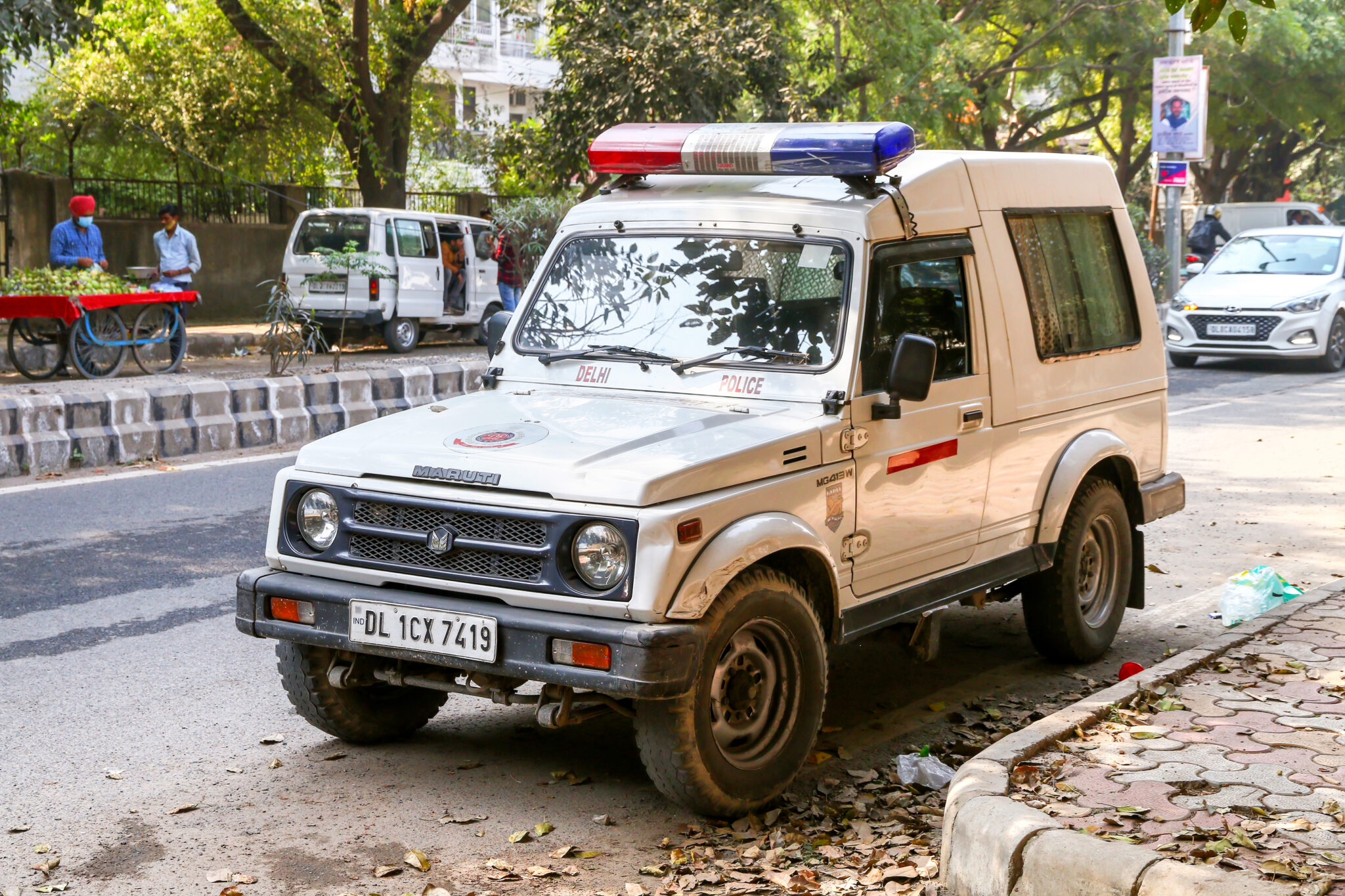Reforming Police Practices in India

Photo credit: Adobe Stock Images
Poor and marginalized citizens, particularly women, often lack access to responsive police forces and, consequently experience diminished security and high levels of crime and violence. Women from poor communities may lack trust in the police and hence, may be hesitant to report crime, further limiting their access to security and justice. Efforts to address such issues often include gender-targeted policing interventions, but the underlying assumptions as well as impacts of such interventions have not been rigorously studied to date.
In this pilot project, researchers studied these efforts in the context of India, a country plagued by rising rates of gender-based violence coupled with low rates of reporting of such crimes. The goal was to design an evaluation to test whether the establishment of police station-level Women’s Help Desks (WHDs), as well as the deployment of additional female personnel to these WHDs, improves the responsiveness of frontline officers to women, as well as levels of crime and crime reporting. They test the theory that the increased presence of under-represented groups within the police can favorably affect policing practices towards these groups. The pilot allowed them to work out their experimental design, create training and data collection protocols, and collect preliminary administrative data for the full RCT.
This pilot project has now been scaled up into a full evaluation. Read more about the full RCT scale-up here on the J-PAL website.

